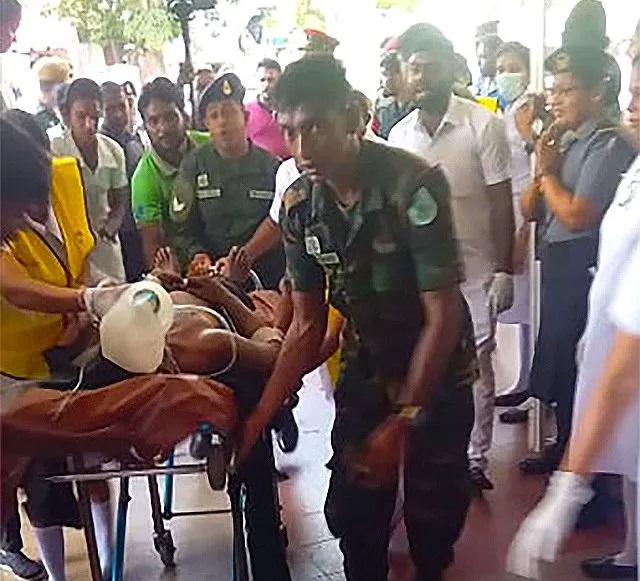At least 260 migrant Tamil workers are being held against their will and forced to work for the Kurdish military, the Tamil Guardian has learnt.
Up to 40 of the men refused to carry out the work, which included unloading of arms and the building of bunkers and fortifications, and demanded to be allowed to leave the country, but were then detained and severely beaten by Kurdish security forces, with several suffering injuries. Only ten of the men were subsequently sent back to the island.
The Tamil men, the vast majority of who hail from the Northeast of the island of Sri Lanka, are all employed as contractors for MXCare, which operates in the airport of Erbil, the capital of Iraqi Kurdistan, but have been forced to work for the Kurdish authorities for the past two months.
The brother of one of the men who was returned said to the Tamil Guardian that he was beaten with the butt of a rifle, requiring him to be admitted to hospital.
“They initially carried out the work as demanded of them, because they were too scared to resist the Kurdish authorities. But when the [Islamic State] militants drew closer to Erbil, our men started resisting,” S Selvakumar told Tamil Guardian from Pallaisuddy, Jaffna.

